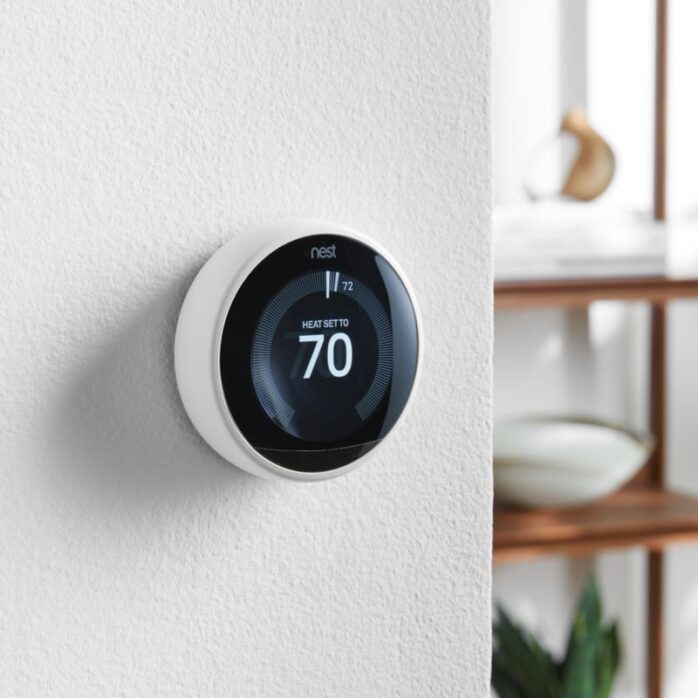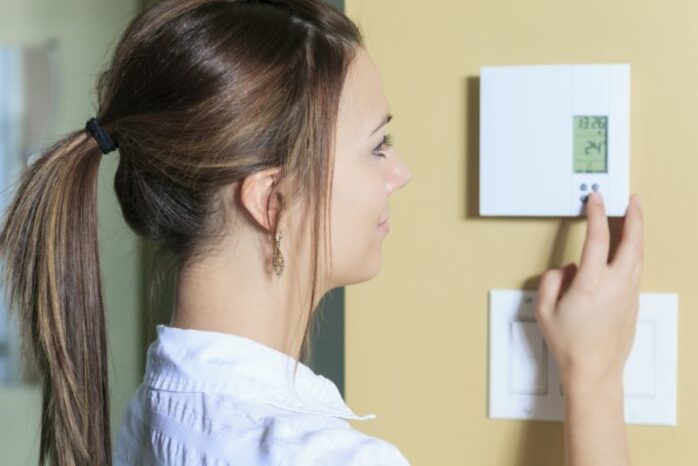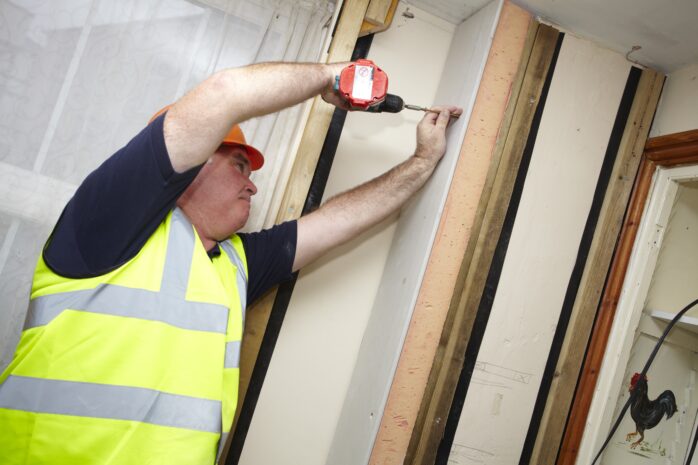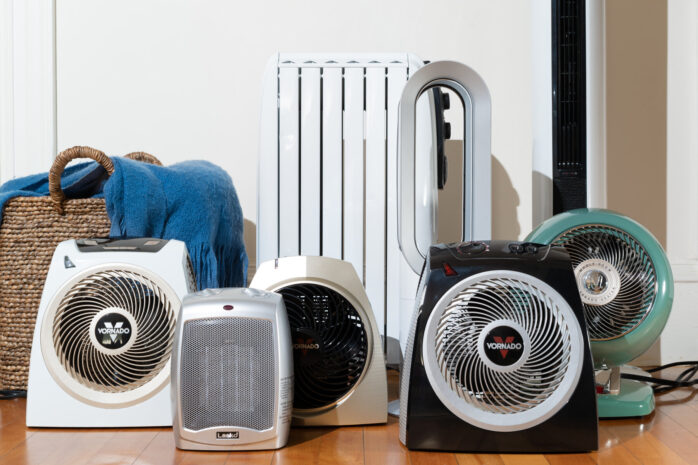
HVAC is short for Heating, Ventilation, and Air Conditioning. This term refers to ventilation, cooling, and heating systems of large commercial properties. HVAC systems are also often used in residential buildings and even single-family homes. The goal is to achieve as comfortable a working and living environment as possible, especially when the weather conditions outside are harsh. Unsurprisingly, such systems use a lot of resources. However, you can make them energy-efficient and thus save money as well as protect the environment.
There are many factors that affect the energy efficiency of HVAC systems, and most of the time it depends on the application of modern technologies or the obsolescence of the construction. There is always a way to improve the current situation.
You can also choose to invest in an energy-efficient system to suit your needs. This is possible if you are using such a solution for your home for the first time.
If you want to learn how to implement a quality system yourself, but also to reduce your carbon print, then you should know the following things:
1. Regular maintenance is a must

Responsibility starts from inside your home. It is your responsibility to ensure that both indoor and outdoor units are always clean and properly maintained. That means you should also reduce indoor pollutants, such as cigarette smoke or cleaning fumes. If you have a pet, hair can get stuck in the filters, requiring regular maintenance and cleaning.
Indoor HVAC units must be regularly kept clean because that way the system is not stressed and works in an optimal mode.
Of course, regular cleaning of the outdoor units is also necessary, but this means that you need to hire a professional service because it is not an easy task.
2. Invest in air purifiers
Air purifiers can remove dust and other impurities in the air, and thus the load on the HVAC is far less than expected. Purifiers are devices that prevent particles of dust, dirt, and chemicals from spreading in the air. Indoor plants can also be used as purifiers. Both options are cheap and the plants are practically free. As you can see, there is very little you need to do to improve the efficiency of your HVAC system. So, when it’s hot, you’ll get adequate cooling and ventilation, and when it’s cold, you’ll have proper and even heating throughout the day.
Clean air ensures that no dust collects in the system, which would then be blown throughout the room. All these processes are closely related and dependent on each other.
3. Combine it with efficient solutions

You probably know about solar panels and converters, and how efficient they are when it comes to using solar energy. At PV Connections, you will find out how to improve the efficiency of your home, using safe, innovative, smart, and quality solutions.
Together with an efficient HVAC system, you will improve the air quality, without leaving a huge carbon footprint on the planet.
4. Protect the windows too
Try to have UV-blocking blinds, but any kind of blinds can help improve the efficiency of the HVAC system. The sun that penetrates through the glass heats the surfaces, and therefore the air conditioner and ventilation cannot achieve to maintain the desired temperature. Of course, you need daylight, but you can limit it all with suitable blinds or curtains.
During the winter, if you don’t have blinds, the glass gets cold easily and cannot be heated enough to maintain the temperature. While you may want to have an open view of the outside, it is not practical for the sustainability of your home’s HVAC systems.
5. Improve wall insulation

This is the easiest way to improve efficiency, even if you have an older HVAC system in your home. By insulating the walls and roof, you can be sure that the heat will not “escape”, but also that there will be no unnecessary heating when using the cooling mode.
Many people who have installed proper insulation in their homes have managed to save a lot of money. This is less expensive than buying a whole new system and can be an optimal solution that will last for years before you need to install a new HVAC.
6. Use programmable thermostats
With them, you can set the temperature, control the airflow and adjust to the conditions. Best of all, you can turn the system on before you arrive home or set it to turn off if no motion is detected around the home for more than an hour.
The best thing is that you can easily control these thermostats through your mobile phone or computer. You can also choose which rooms to be warmer and which to be cooler, and even combine different modes of operation if there is a need for such a thing.
7. Be careful when using heating devices

If you use a clothes dryer, then additional heat enters your home, which can also spread through the HVAC system. This can be really handy in winter. The same thing happens when you use the oven during the winter because the kitchen is heated enough by the heat source.
But in summer, it can be a real disaster. The heat puts a strain on the HVAC system and it becomes really difficult to maintain the optimal temperature in the home. Therefore, try to plan these activities accordingly without overloading the HVAC. This improves the efficiency of the system, and you don’t have to spend a lot of money to get the cooling you need.
Conclusion
There are many ways to improve the efficiency of your HVAC system. If you don’t have the money to invest in a modern solution, then the ideas in this article can be really useful for you. Therefore, try a few of them and see if the bills really go down and if the system is more efficient than before. Some of the solutions offered are practically free, and they can really help a lot.











